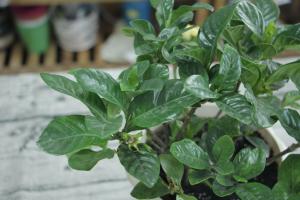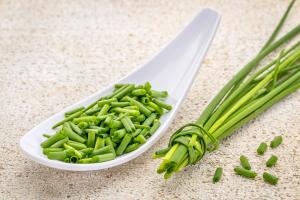Do Tomato Hornworms Eat Pepper Plants?
Tomato hornworms are a common pest that plague tomato plants, but many gardeners are unaware that these caterpillars can also attack pepper plants. In this article, we will explore whether tomato hornworms eat pepper plants, how to identify the damage they cause, and ways to control their population.
Identification
Tomato hornworms are large, green caterpillars that can grow up to 4 inches long. They have white diagonal stripes on their sides and a horn-like protrusion at the end of their bodies. These caterpillars are often found on tomato plants, but they can also infest other plants in the same family, including peppers.
If you see leaves with large sections missing or holes along the edges, it could be a sign of tomato hornworm damage. The caterpillars will also eat the fruit itself, leaving it with large chunks missing. When inspecting your pepper plants, be sure to check both the leaves and fruit for any signs of damage.
Feeding Habits
Tomato hornworms are voracious eaters and can quickly defoliate an entire plant if left unchecked. When they infest a pepper plant, they will feed on the leaves, stems, and fruit. Their feeding habits can weaken the plant and make it more susceptible to disease and other pests.
The caterpillars eat mostly at night and are often difficult to spot during the day. They can also camouflage themselves among the leaves of the plant. If you suspect that your pepper plant is infested with tomato hornworms, check for them in the early morning or late evening when they are more active.
Control Methods
If you find that your pepper plant is infested with tomato hornworms, there are several ways to control their population. One method is to physically remove the caterpillars from the plant and relocate them to another area. You can also use a homemade spray made from garlic and hot pepper to repel the caterpillars.
Another option is to introduce natural predators such as parasitic wasps or ground beetles that will attack the caterpillars. You may also want to consider using a commercial pesticide that is specifically designed to target tomato hornworms.
Prevention
The best way to prevent tomato hornworms from infesting your pepper plants is to practice good garden hygiene. Keep your garden free of weeds and debris that can provide hiding places for pests. Rotate your crops each season to prevent an accumulation of pests in the soil.
You can also plant companion plants such as marigolds or basil that repel pests and attract beneficial insects. Finally, regularly inspect your plants for signs of damage and address any issues before they become a full-blown infestation.
Conclusion
In conclusion, tomato hornworms do eat pepper plants and can cause significant damage if left unchecked. Identifying the damage they cause and knowing their feeding habits can help you address the issue early on. Using a combination of control methods and prevention techniques can help you keep your pepper plants healthy and free of pests.

 how many times do yo...
how many times do yo... how many planted tre...
how many planted tre... how many pine trees ...
how many pine trees ... how many pecan trees...
how many pecan trees... how many plants comp...
how many plants comp... how many plants can ...
how many plants can ... how many plants and ...
how many plants and ... how many pepper plan...
how many pepper plan...































